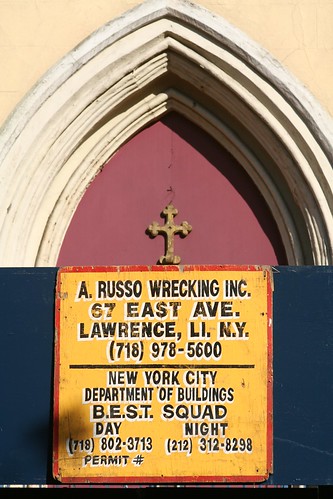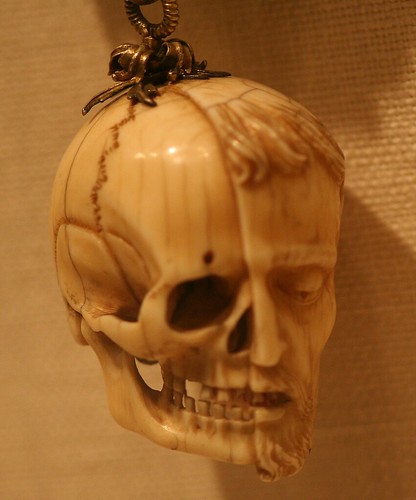A New Definition (perhaps) of Right and Left
Recently, I have been thinking about folks who are at odds with liberalism. Makes me rethinking, right and left. I think a good way to see it is that Leftists put process first and last, we are always in process while the Right puts conclusion first last foremost and often in thy face.
What is the implication of this... Marx was all about process, and Stalin all about conclusion, Jesus was all about process and most church leaders about conclusion, Jefferson as a revolutionary was about process, as a slave owner and president, was rather about conclusion (that is why he is SUCH an interesting fellow!!!)
Name calling is conclusion, clearness is about process. Reaching back into the past of movements is about conclusion, that is to see the history of a movement as a Merry go round, while seeing a movement as a river is ... process.
So, Humpty Dumpty sat on a wall, called faith. He fell, half the pieces said, my, look at us, where are we now? The other half ... each small piece claimed to be Humpty.



